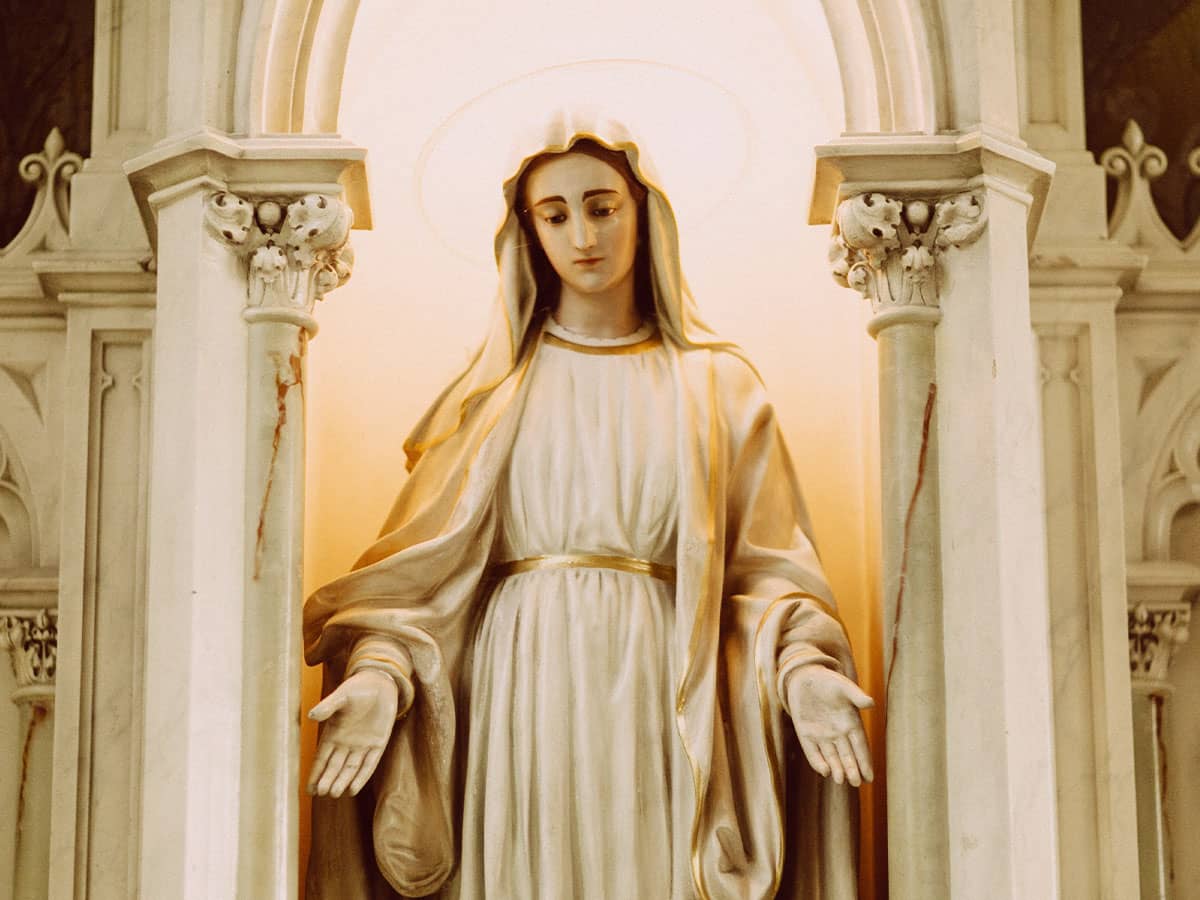Last June, according to a front-page report in the September 6 Los Angeles Times, "the Vatican ordered bishops to avoid references to 'sister churches' and instead remember that 'the one, holy, catholic and apostolic Church is not sister but "mother" of all the particular [Christian] churches.'"
According to the same report, entitled "Vatican Declares Catholicism Sole Path to Salvation," the June statement has now been topped by a new statement, written by one Vatican bureaucrat, signed by another, and issued in the name of John Paul II. The new statement, titled "Dominus Iesus," says that the Protestant churches aren't just daughter churches of Rome's but are not "churches in the proper sense" at all. They have been demoted to "ecclesial communities." As for non-Christians, they are even worse off, according to the new document: "Objectively speaking, they are in a gravely deficient situation in comparison with those who, in the [Catholic] Church, have the fullness of the means of salvation."
Sentiments like these are nothing new in the Roman Catholic Church. What was new, for a short time, was the less bullying, less triumphalist attitude toward non-Catholics and non-Christians that Pope John XXIII ushered in with his Second Vatican Council (1962-1966). This latest statement demonstrates, if any further demonstration was really needed, that the Vatican II chapter in Catholic history is now definitively closed. The church is once again in the grip of the likes of Msgr. Tarcisio Bertone, secretary of the Vatican's Congregation for the Doctrine of the Faith, who signed "Dominus Iesus," and Cardinal Joseph Ratzinger, prefect of the Congregation, who wrote it. Both are unrepentant arch-conservatives who are determined to crack down on every form of Catholic dissent and to resist all efforts to change the church.
At any rate, the church is in their grip unless some Catholic counter-force arises to loosen it, but that prospect seems most unlikely. There are liberal Catholics, of course, even some liberal priests and a few liberal bishops, but in all likelihood they will do nothing more than shrug glumly over this 36-page slap in the world's face and try to say as little about it as they can.
Don't expect any organized resistance, either, to the canonization of Pius IX, the kidnapper pope, who sent the Vatican police to tear a secretly baptized Jewish boy from his helpless parents' arms. Pius IX belongs in a casebook of psychopathology, not in a collected lives of the saints. Garry Wills, who tells the story of the kidnapping in his recent book "Papal Sin: Structures of Deceit," is far from the only Catholic who thinks that the canonization of Pius IX, now just a matter of time, radically undermines all recent Vatican statements of apology or reconciliation toward the Jews.
Could resistance be organized against this mockery of the very idea of sanctity? Could there be, say, a signature campaign of Catholics declaring that they do not believe that Pius IX was an example of heroic sanctity? Of course there could. The Vatican no longer has the civil power to stop such a thing. Catholics who organize and publicize their disagreement with the church--and there are some who do just that--suffer no real punishment.
But they are few, very few, compared to the vast number of Catholics who will probably do nothing about either the scandal of beatifying Pius IX or the Vatican's recent efforts to relegate non-Catholics to second-class status. The indifference of the slumbering Catholic majority can only prompt the thought that just as nations get the government they deserve, so churches get the dogma they deserve.
As a former Roman Catholic who is now a practicing Episcopalian, I cannot claim neutrality at a moment like this one. Still, what surprises me so much about my outrage at the Vatican's recent moves is not that I am offended but that I still care. I am surprised to discover the depth of the hope I had still somehow harbored that the Catholic Church would live up to the promise that John XXIII held out for it.
I no longer entertain that hope, but I refuse to blame a few convenient Vatican hacks. Absolute authority--in a church, in a government--can only be exercised when it is supported by a culture of absolute submission. The passivity with which "Dominus Iesus" will be received by most Catholics is the real proof that in the Roman Catholic church, the culture of absolute authority and absolute submission is far from dead. Right now, sad to say, that culture seems to be calling all the key shots.

